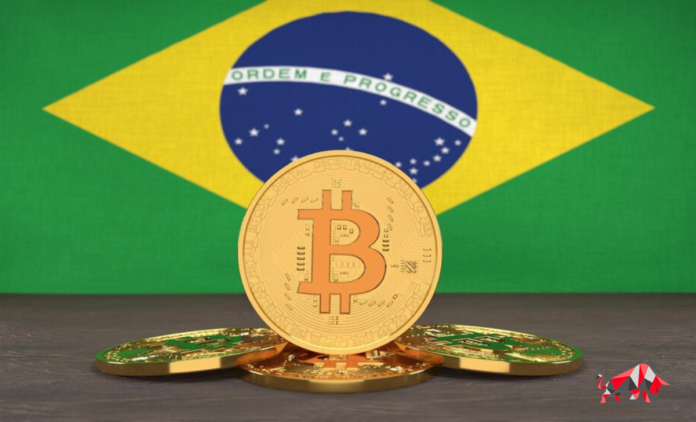On May 20, the Central Bank of Brazil (BC) announced its plan to complete crypto regulations by the end of 2024. The goal is to create clear operational standards and authorization processes for virtual asset service providers (VASPs).
The BC aims to make crypto transactions in Brazil safer by enhancing transparency and protecting investors. The new rules will target harmful practices like scams and fraud that affect consumers.
Legislative Background
This initiative is based on Decree 11,563 of 2023, which gives the BC authority to oversee VASPs. It will work alongside the Securities and Exchange Commission (CVM) and the Special Secretariat of the Federal Revenue of Brazil (RFB).
Nagel Lisanias Paulino from the BC’s Financial System Regulation Department explained that the regulations will set minimum requirements for VASPs, including proper customer interactions. Under Law 14,478 of 2022, VASPs must get BC authorization to operate. Their activities will include offering, intermediating, and holding crypto assets.
“The regulation aims to offer minimum requirements for service providers to carry out virtual asset activities, ensuring appropriate practices when dealing with customers,” Paulino said.
Brazil’s Phased Regulatory Process
The regulatory process will happen in phases, reflecting regulators’ growing understanding and international guidelines. Key steps for 2024 include:
Developing a second public consultation on VASPs’ performance and authorization
Planning for stablecoin regulation
Improving the framework for VASP activities
Collaboration and Public Input
The BC will work with other agencies to address specific issues, particularly around stablecoins in payments and foreign exchange markets. Public consultations will help refine the regulations, ensuring they benefit from broad input.
The regulation aims to keep the National Financial System stable, focusing on anti-money laundering, combating terrorist financing, and monitoring suspicious activities.
Growing Crypto Market in Brazil
This regulatory clarity comes as Brazil’s crypto market grows. A recent report shows a 30% increase in Brazilian real (BRL) trade volumes compared to last year, despite recent market corrections.
The Central Bank of Brazil’s efforts to regulate crypto will provide a safer, more transparent environment for investors and consumers.


